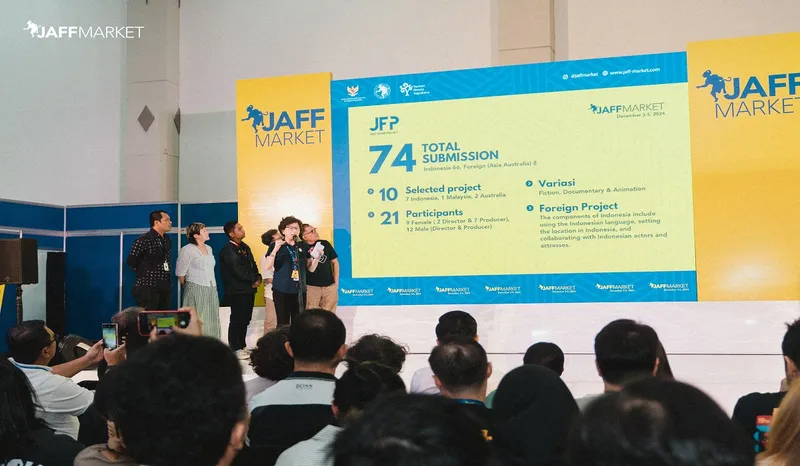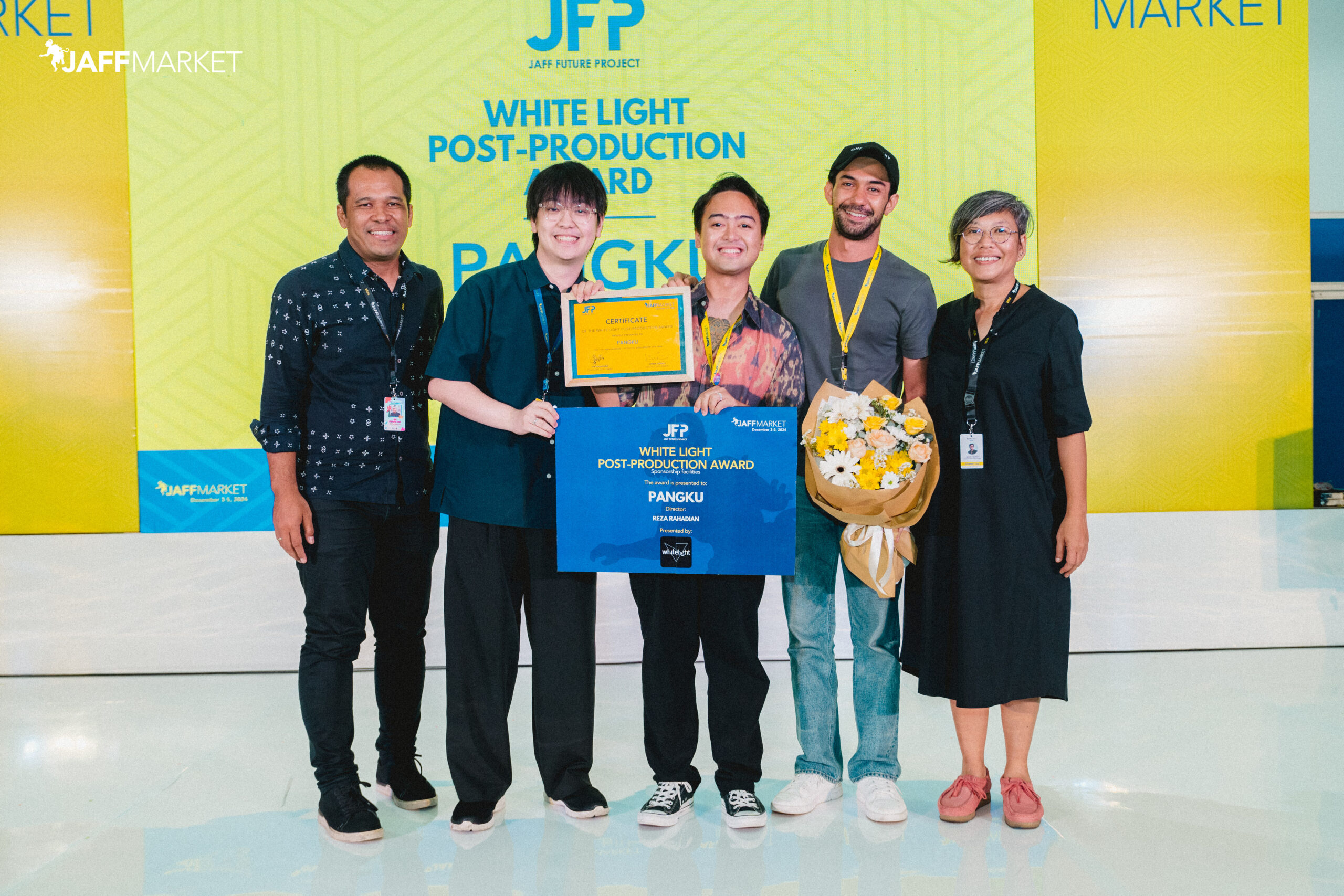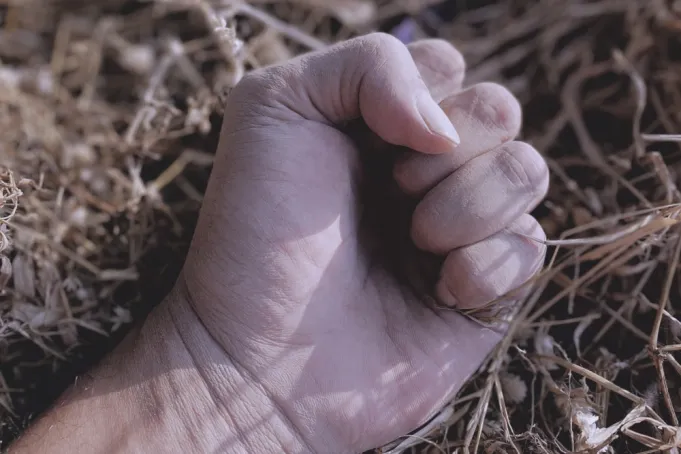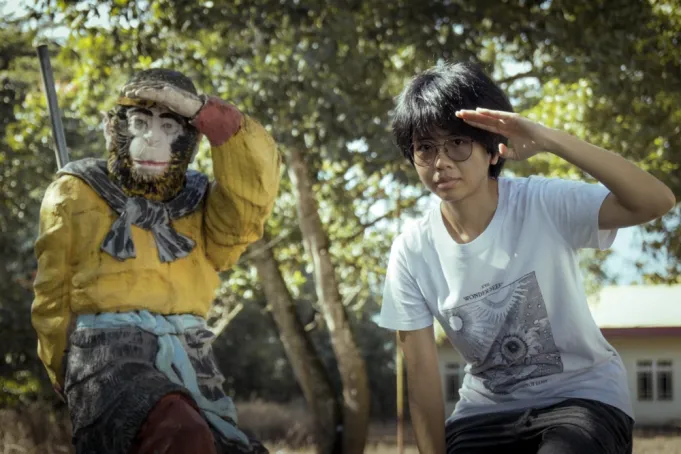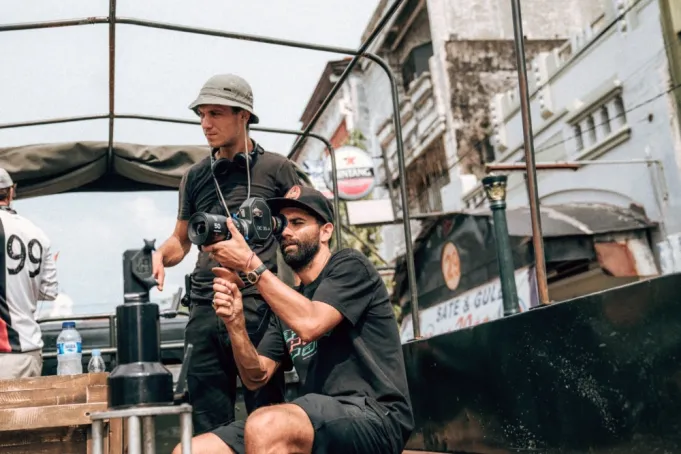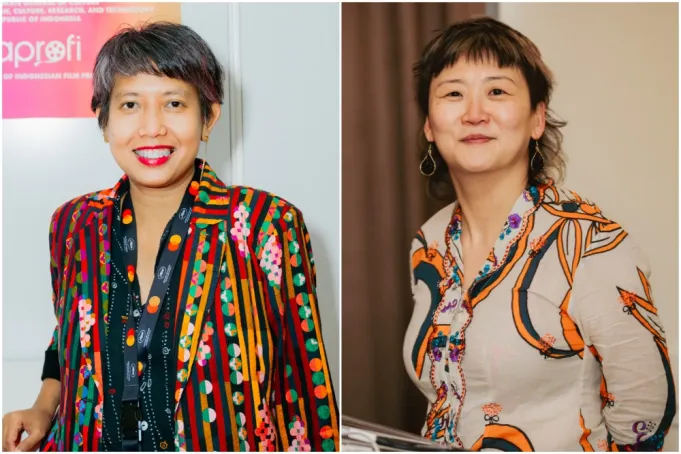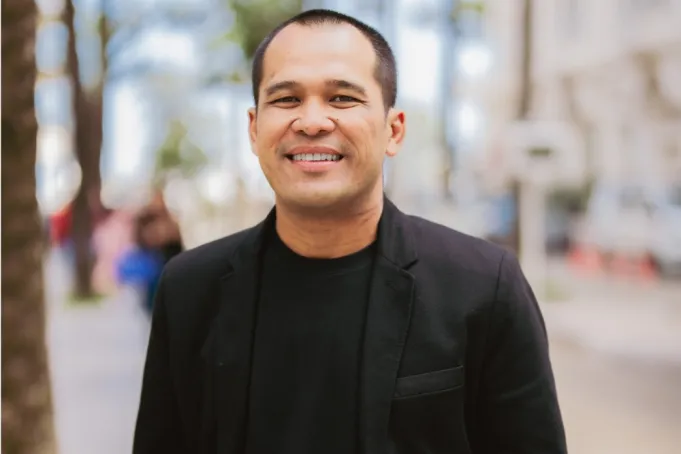JAFF Market , the first film market in Indonesia, recorded various interesting achievements. As the first film market in Indonesia held for three days on December 3-5 at the Jogja Expo Center (JEC), Yogyakarta, JAFF Market received a total of 6,723 visitors from 18 different countries.
During the three days, there were 151 booths opened, 1,767 meetings held, 61 MoUs signed, 164 journalists from various countries attended, and 1,054 market badges. Then, the JAFF Content Market program received 43 registrants with 10 selected projects that have resulted in 144 meetings.
“The three-day JAFF Market has shown the high enthusiasm of film industry players in Indonesia and this can be seen from the number of meetings that took place during the JAFF Market. This is read as a sign that the Indonesian film industry is open to collaborating with each other both in Indonesian and international territories,” said Ajish Dibyo as Executive Director of JAFF Market at the closing of JAFF Market at the Jogja Expo Center (JEC), Yogyakarta, Thursday (5/12).
Some of the collaborations that have also been established include Miles Films’ latest film titled Rangga & Cinta which will begin the production process with support from Barunson E&A (Korea) and Imajinari thanks to the network at JAFF Market. Meanwhile, Magma Entertainment has collaborated with Komet Productions from Malaysia and Caravan Studio.
The Indonesian Ministry of Culture also announced a partnership with the Government of the Kingdom of the Netherlands in the field of audiovisual co-production. This collaboration provides an opportunity for filmmakers from both countries to receive funding from both governments. The agreement was signed by the Director General of Culture and Media of the Dutch Ministry of Education, Culture and Science Barbera Wolfensberger, and the Indonesian Deputy Minister of Culture Giring Ganesha.(M-2)
By Fathurrozak

